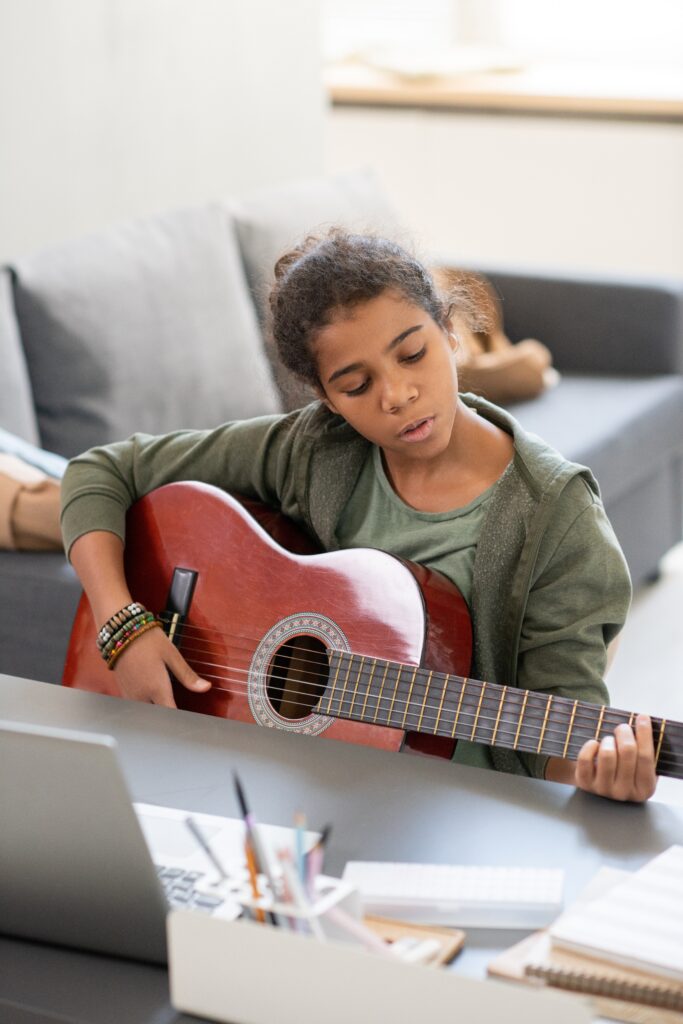
Durham Youth Alliance Healing Through Harmony
Healing Through Harmony: Music Education and Trauma Recovery in the Durham Youth Alliance (DYA)
Childhood trauma is a pressing concern in society, with lasting impacts on children’s mental and emotional well-being. Music education has been recognized as a powerful tool for helping children cope with and recover from intense trauma. This paper delves into the role of music education as a therapeutic approach in the context of the Durham Youth Alliance (DYA) and its importance in aiding young individuals dealing with profound trauma. Drawing on research and real-life experiences, this paper highlights the transformative and healing power of music in the DYA’s programs.
The Scars of Childhood Trauma
The lasting effects of childhood trauma are a stark reality for many young individuals. Intense trauma can result in emotional, psychological, and behavioral challenges, affecting a child’s overall well-being. Recognizing the need for holistic support, organizations like the Durham Youth Alliance (DYA) have turned to music education as a healing and transformative tool.
The Therapeutic Power of Music
Music provides a safe and expressive outlet for children to channel their emotions. Composing, singing, or playing an instrument allows them to convey their innermost feelings in a non-verbal, cathartic manner. Research has shown that music can reduce stress and anxiety. For children dealing with intense trauma, this can be particularly beneficial, aiding in relaxation and emotional regulation. Empowerment and Self-Esteem, Music education empowers children to develop new skills and a sense of accomplishment. Success in learning to play an instrument or create music boosts self-esteem, which is often eroded by trauma. Social Connection, music has a unique ability to connect people. In group settings, children have the opportunity to collaborate, share experiences, and build supportive relationships.
Music as a Therapeutic Tool in DYA
The Durham Youth Alliance recognizes the role of music education in trauma recovery. It has integrated music into its programs, offering children the chance to explore music, express themselves, and connect with peers. Music therapists and experts working with DYA share their insights into the therapeutic applications of music education. They discuss the methodologies used and the outcomes observed. Music education is more than just a creative outlet; it’s a therapeutic tool that can help children recover from the profound trauma they may have experienced. In the context of DYA, music is a vital component in supporting young individuals in their journey toward healing and resilience.